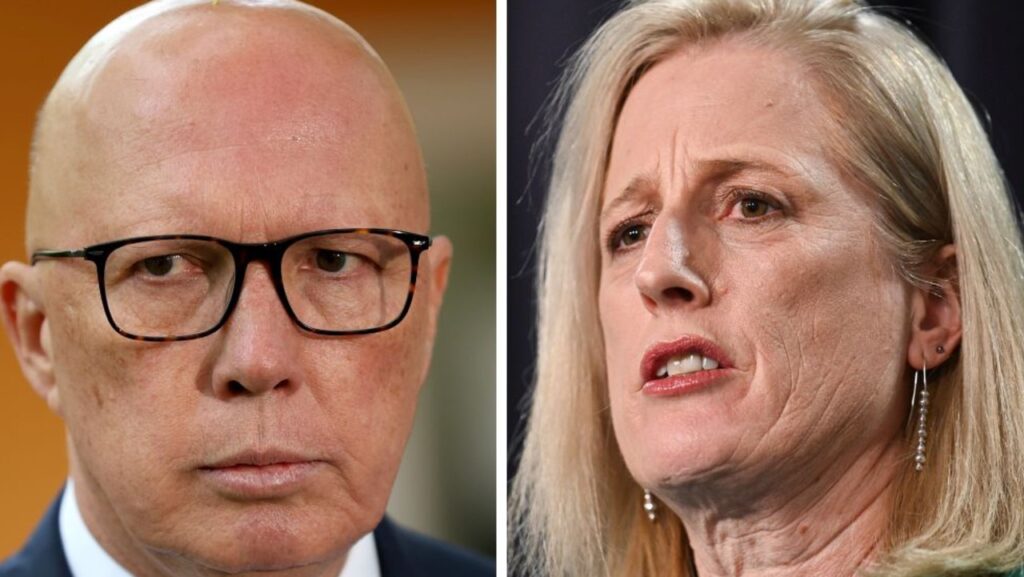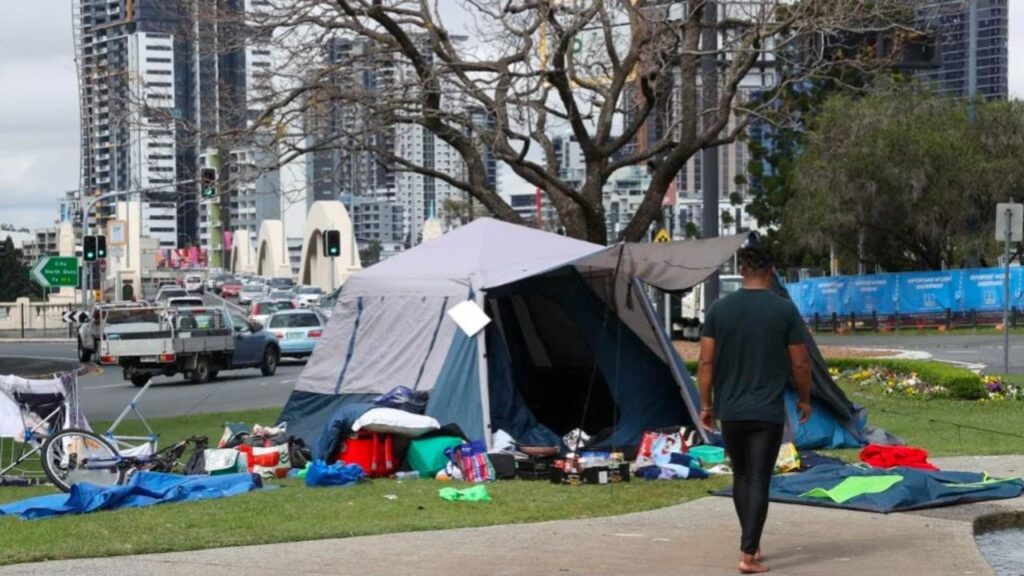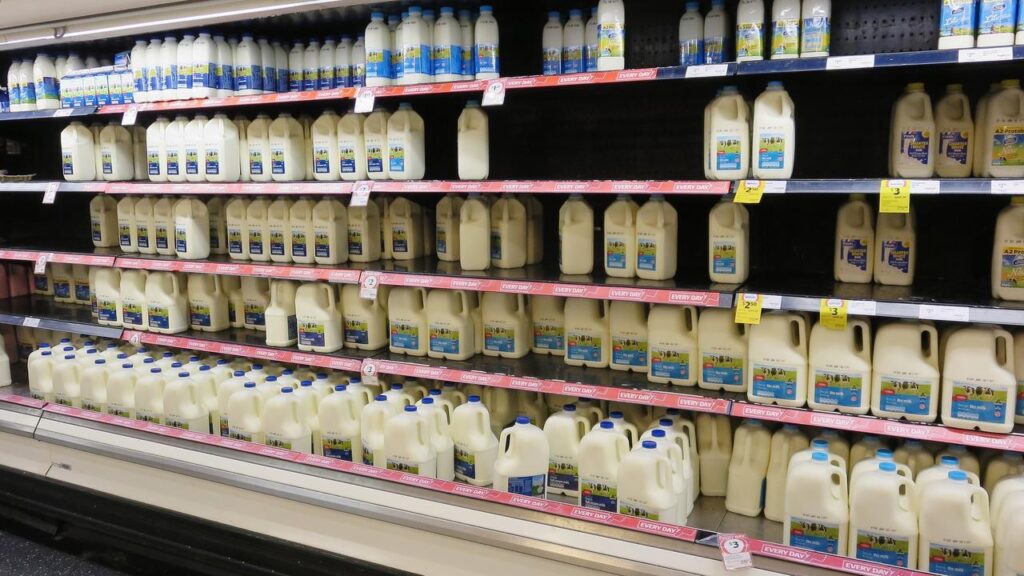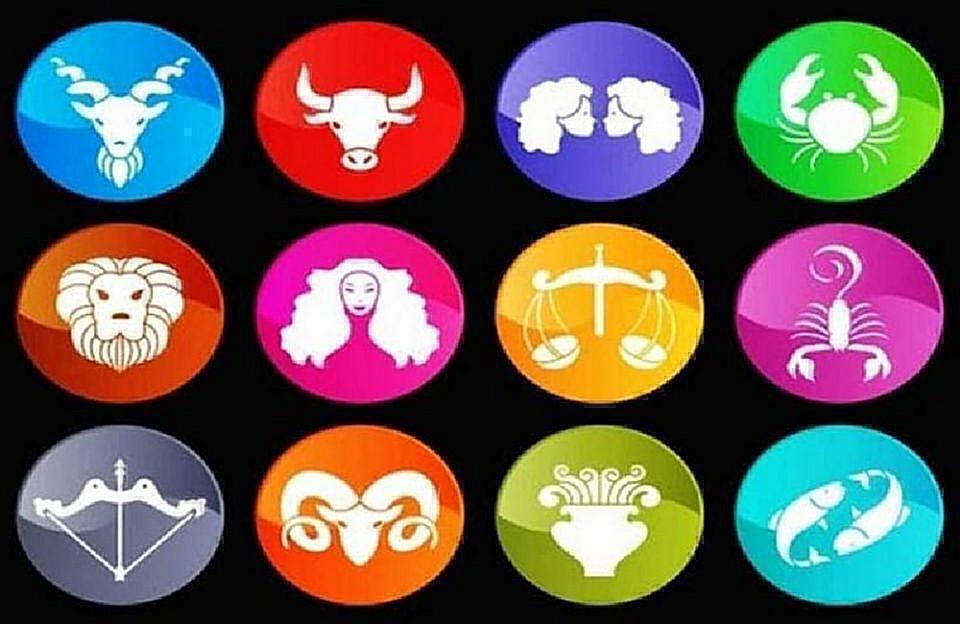Warning over concerning health trend
Written by admin on June 12, 2024
Cases of whooping cough are surging almost 500 per cent in parts of Australia.
The national regulator flagged shortages of medicine to treat the disease a year ago.
The shortfall is likely to extend to at least the end of June, but alternative antibiotics are available.
Waning vaccination rates have been labelled a recipe for disaster by one campaigner, who lost her baby to whooping cough in 2015.
The federal health department has reported an increasing number of whooping cough cases, with 7031 cases recorded in the first five months of this year.
About 45 per cent of those cases are in Queensland, and about 40 per cent are in New South Wales.
Queensland Health data shows case numbers are 15 times the standard (mean) number so far this year, compared to reported cases during the past five years.
When the disease is contracted, bacteria affect the lungs and airways, causing a person to cough violently and uncontrollably. This can make it hard for the infected person to breathe and is most serious in babies.
On average each year in Australia, in the absence of maternal vaccination, one infant dies and more than 200 are hospitalised because of whooping cough, the federal health department says.
Whooping cough can lead to pneumonia, brain damage and death.
There have been 3783 cases so far this year, whereas during the past five years there had been a mean of 242 cases.
In New South Wales cases plummeted during 2021, 2022 and 2023.
However, cases are about per cent 160 ahead of the 2020 tallies, with 3218 infections reported in the first five months of this year.
Queensland’s whooping cough explosion has been even worse, up 730 per cent on 2020, and 490 per cent on 2019 numbers. However, Queensland Health says the 2020 numbers are affected by the pandemic and fewer reports.
Victoria is roughly on pace with 2019 totals, and ahead of 2020 totals.
Catherine Hughes has been campaigning for higher vaccinations rates since her four-week-old child Riley died of whooping cough in 2015; Riley was too young to be vaccinated.
Declining immunisation rates were a “recipe for disaster”, Ms Hughes told The Daily Telegraph last week.
The disease is endemic to Australia, and epidemics of the disease typically rise and fall on a three to five year cycle; however, the last epidemic was across 2015 and 2016.
The whooping cough vaccine is free in Australia for babies, four-year-olds, pregnant women and teenagers aged 12 to 13.
The medicine regulator, the Therapeutic Goods Administration, says shortages of the powder used to treat the disease is in short supply because of commercial changes and commercial viability.
In line with a particularly infectious cold and flu season nationally in 2023 and 2024, experts had warned Australia was well overdue for a whooping cough outbreak, due to the isolation of the Covid-19 pandemic.







